Throughout our work, we have learnt that actors in the field of development need to go through organizational and systematic processes of change within their programs to move towards sustainable (disability) inclusion. We support these processes at community, organizational and governmental level. We work in participatory ways adhering to national efforts and in alignment with international frameworks such as the United Nations Convention on the Rights of Persons with Disabilities (UNCRPD), and contributing to the fulfillment of the Sustainable Development Goals (SDGs) in order to Leave No One Behind.
Marginalised and vulnerable people are the center of our work guiding our development and organic growth. We aim to be responsive but also focused. We have five key strategic objectives:
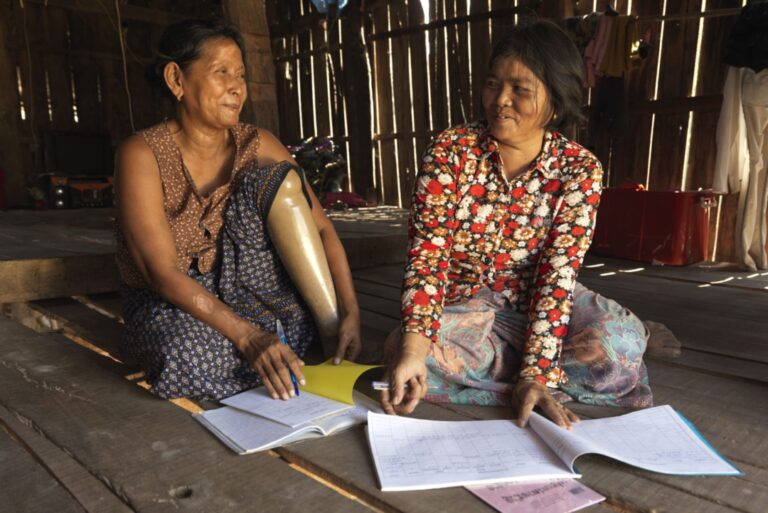
Women with disabilities are marginalized on three accounts: gender, disability and poverty. Because of this, action needs to be taken in order to give voice to women with disabilities at different levels in society. Therefore, we are working towards bridging the gaps that women with disabilities experience and strengthening their leadership capacity.
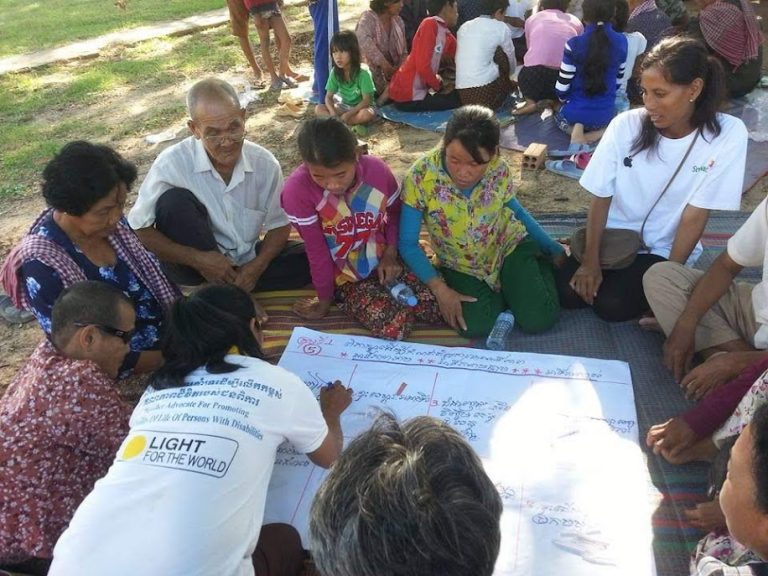
Persons with disabilities often lack communication and advocacy skills necessary to address their issues into the government system. As in many countries, they often have no or little access to information and public services, especially in rural areas and also lack the means to voice their concerns. Equally local authorities often are unaware of the challenges faced by persons with disabilities and how they can assist them. This can become a vicious cycle. The communication gap can hinder well intended actions and can prevent those most in need of support from accessing it.
We focus on our advocacy and communications work to encourage and support engagement by vulnerable and marginalized groups in local governance and decision making.
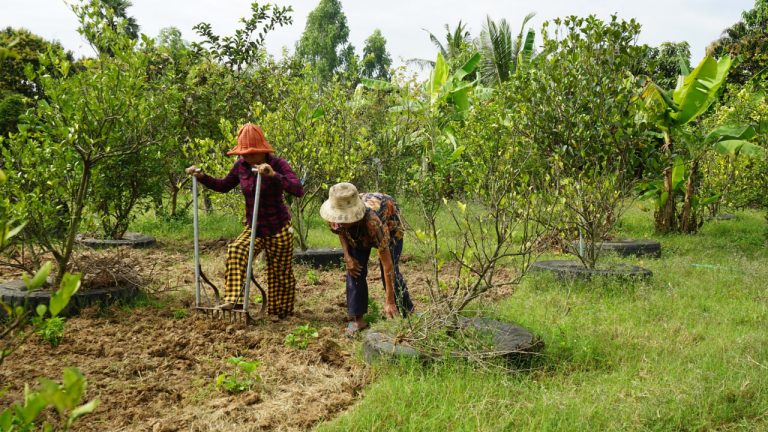
The majority of marginalized and vulnerable people live in rural settings. They are experience poverty, are engaged in unstable livelihoods and are increasingly at risk to global shocks such as pandemics and climate disasters.
To respond to this, we designed three different projects through are LAB approach. These have now been scaled up and have become core areas of our work.
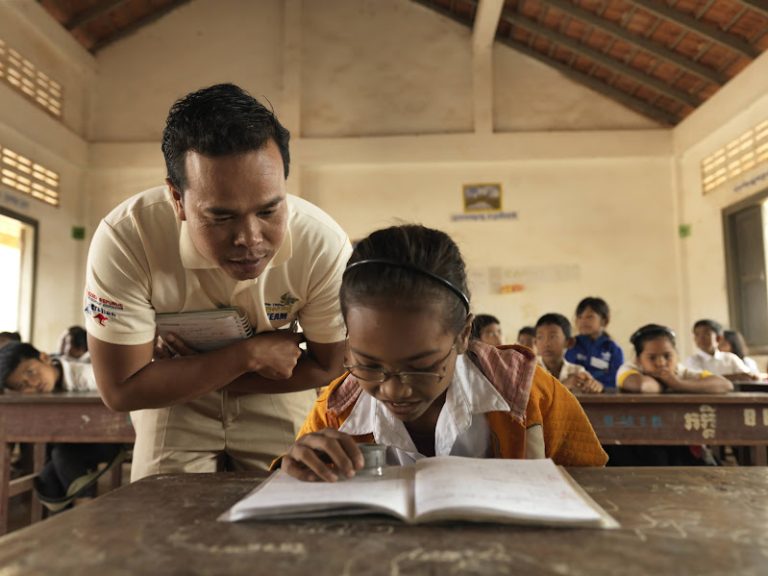
To contribute to the call to ‘Leave No One Behind’, development actors (such as civil society organization, UN agencies, government institutes and private companies) need to make their programs and services more inclusive. PAfID has its expertise in this and can play a key role in supporting and consulting organizations that are interested in and committed to moving towards inclusive development cooperation.
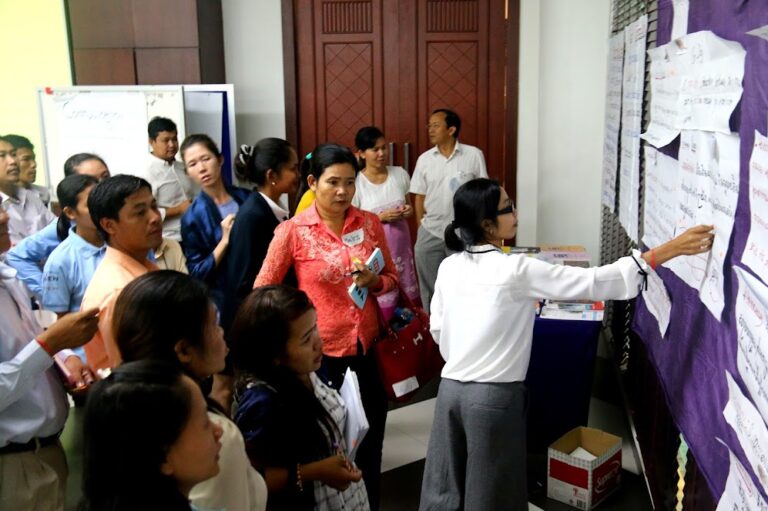
The majority of persons with disabilities live in poor and rural areas, facing many barriers including physical, social, economic and attitudinal. They lack access to appropriate quality and affordable healthcare, rehabilitation, education, and disability services. Involving the community is key to addressing key challenges.
Community based inclusive development (formally Community Based Rehabilitation – CBR) is a strategy to achieve community based (disability) inclusive development. It is a multisectoral and empowering approach straddling both the service delivery and community development models.
Much of our work has Cambodia as its focus, but we are also exploring our opportunities to move to the broader region and internationally. Currently, PAfID is active in Indonesia, Bangladesh and Sri Lanka. Previous work has been conducted in Myanmar and Laos.
PAfID is working towards an inclusive society where opportunities are open for all. With this, we work towards strengthening and supporting the capacity of relevant actors. We also work directly with people with disabilities, to ensure that they can enjoy their rights and potential.